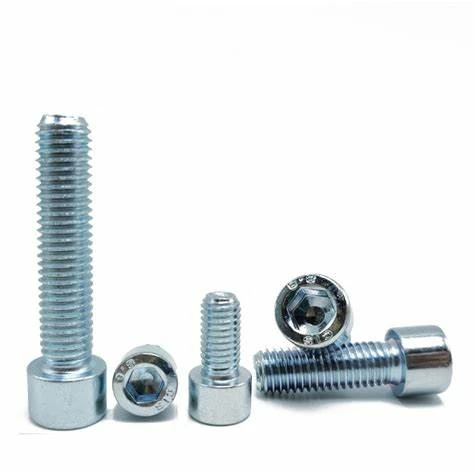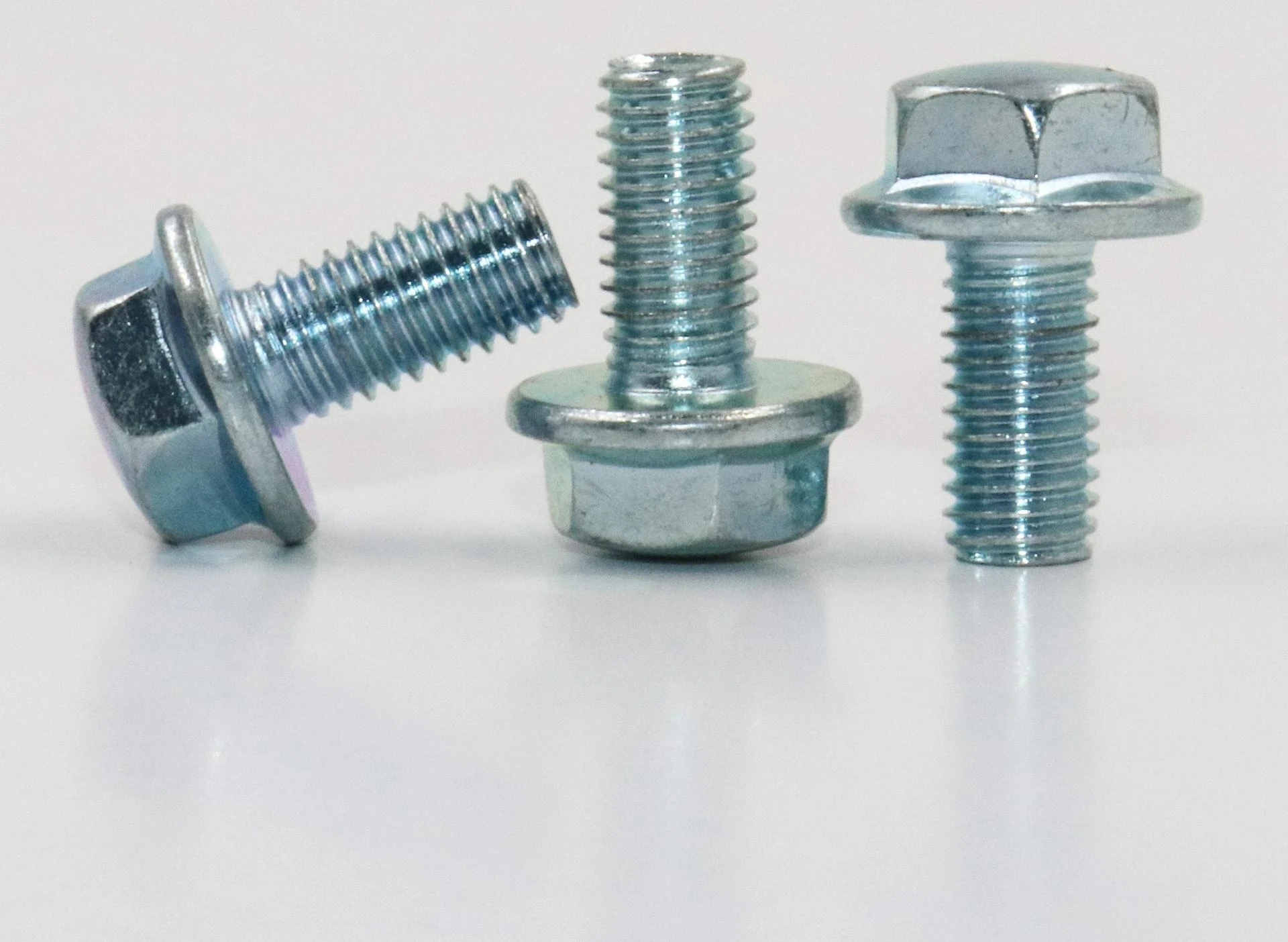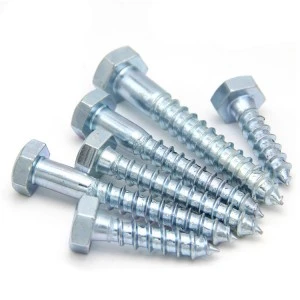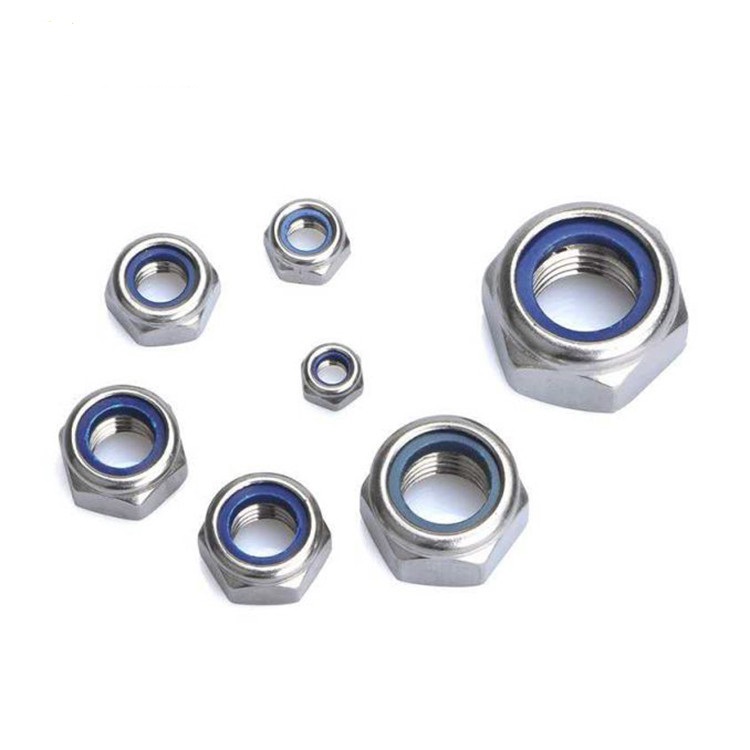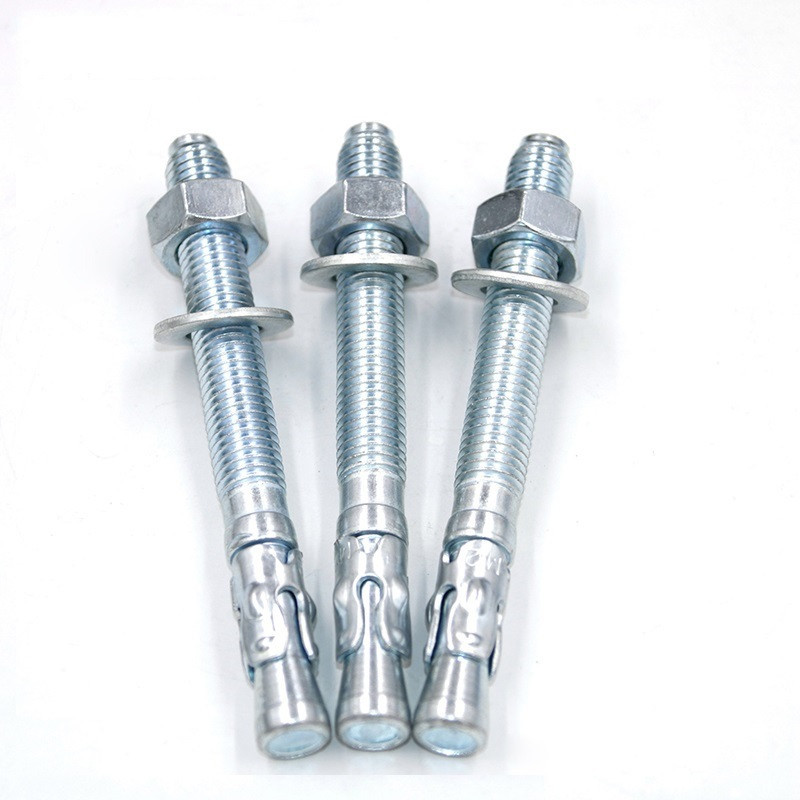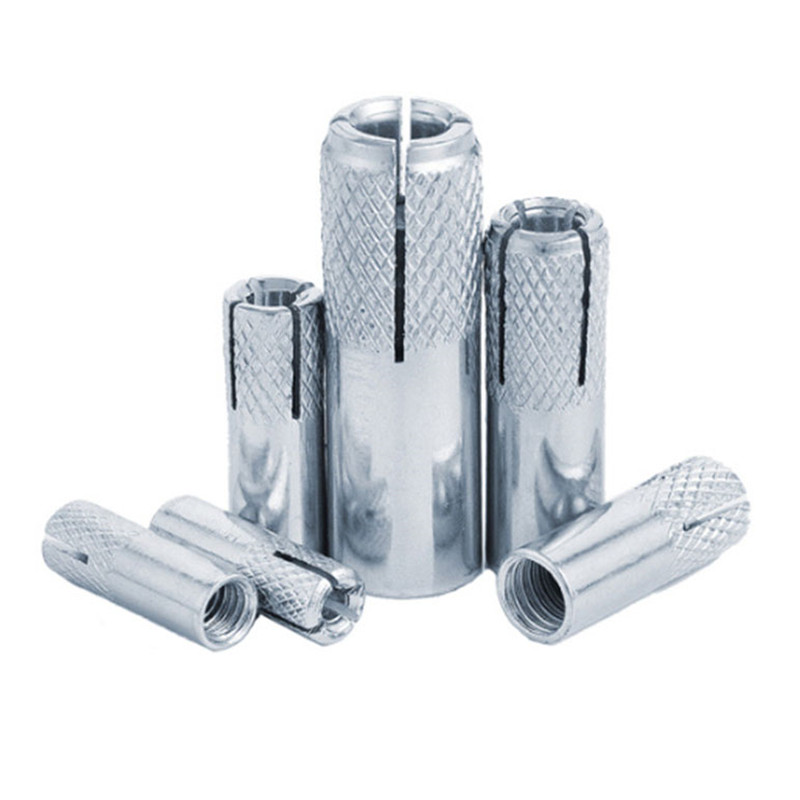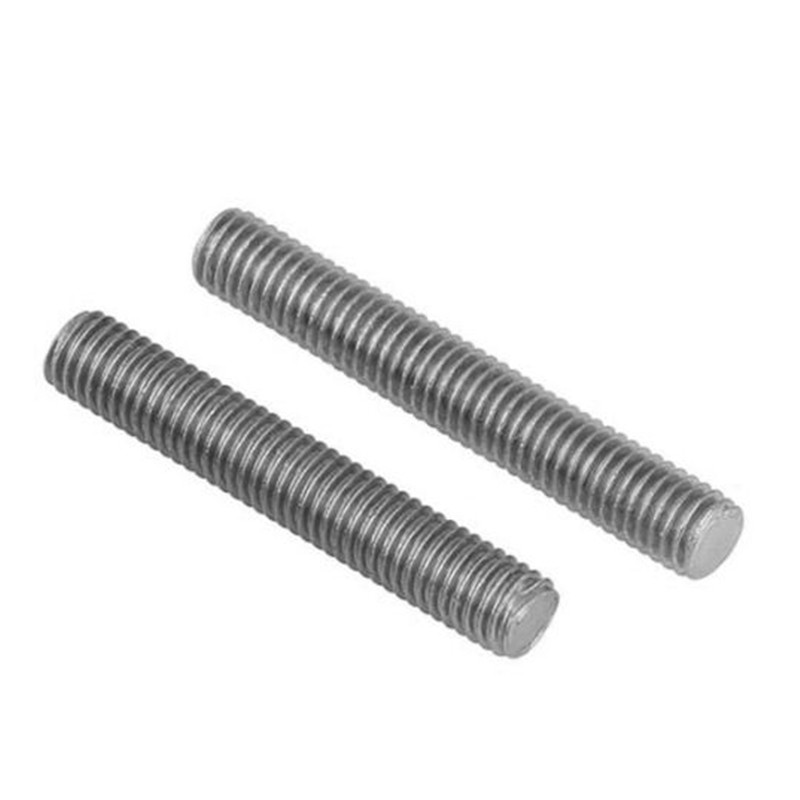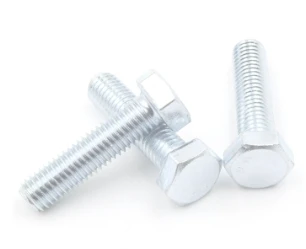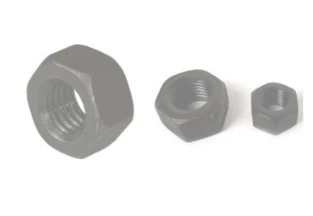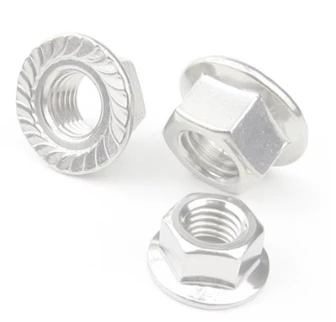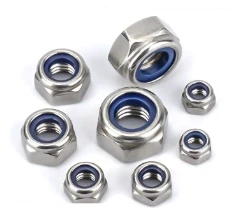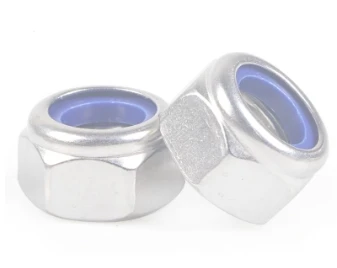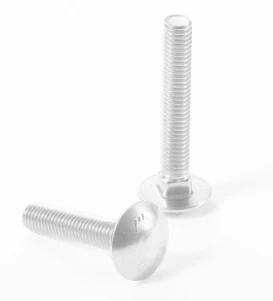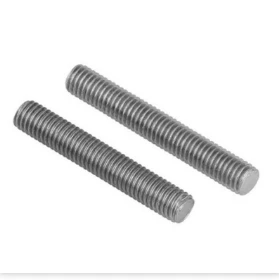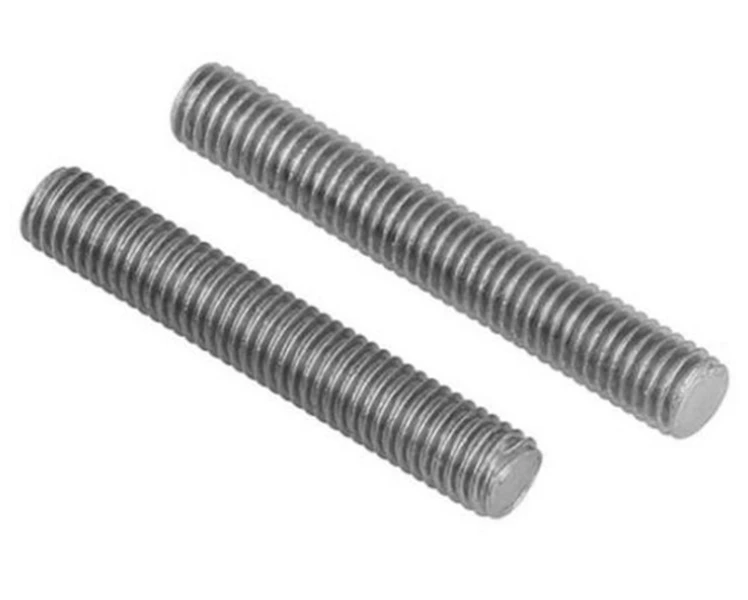On 14th December the European Commission disclosed its additional conclusions for the AD676 anti- dumping investigation, which included only a small reduction of duty rates previously calculated of between 1.8% to 3.3% – based on the downward revision of the benchmark used to calculate the exporting producers’ electricity costs.
Čia Volkeris Ledereris, Europos tvirtinimo detalių platintojų asociacijos (EFDA) prezidentas, pateikia savo mintis apie gruodžio 14 d.
“In proposing duties of up to 86.5% on Chinese fasteners, the EU is creating a permanent supply problem for the European industry thereby putting 'Made in EU’ at risk. The excessively high duties will hit European companies at a time when they are already suffering from massive supply problems. It is completely incomprehensible that the European Commission wants to make the supply situation even worse under these exceptionally difficult circumstances.”
The European Commission intends to impose an anti-dumping duty on imports of screws and other iron and steel fasteners originating in the People’s Republic of China. A duty of 39.6 % is planned for a limited group of Chinese fastener exporters (previously listed as 41.8%). However, the general duty rate is still to be a whopping 86.5% (previously listed as 89.8%). The Commission initiated the investigation on 215t December 2020, following a complaint lodged by European fastener producers.
Komisijos teigimu, muitai turi būti nustatyti ne vėliau kaip iki 2022 m. vasario 17 d. Prieš tai ES valstybių narių vyriausybės balsuos dėl galutinės priemonės.
The planned duties will hit all sectors of European industry, craft, and commerce, as well as European consumers, all of which depend on the reliable supply of fasteners manufactured to international standards. These ostensibly simple, low value pieces of precision engineering – whether bolts, screws Or washers – are indispensable for the manufacture of cars, bicycles, washing machines, solar panels, combine harvesters, furniture, and trains, as well as for use in installation and repair work by craftsmen or for repairing the garden door or attaching a picture in one’s own home. But the impact of duties will also be felt by schools, food manufacturers and the health sector, which need school desks, refrigeration equipment or medical devices literally held together by fasteners. Without the right fasteners, none of these final products or structures is viable.
Europos tvirtinimo detalių importuotojai, didmenininkai ir platintojai tiekia Europos pramonei platų tvirtinimo detalių asortimentą ir užtikrina, kad gaminiai būtų prieinami klientui tinkamu laiku tinkamoje vietoje. Pramonei būtinas nuolatinis standartinių dalių prieinamumas, kad jos produktai būtų toliau gaminami ES ir sėkmingai parduodami pasaulio rinkose. Bet koks, net ir nedidelis, tvirtinimo detalių tiekimo grandinės sutrikimas turi neproporcingą poveikį tiekimo situacijai. Todėl bet koks įsikišimas į tiekimo grandines turi būti gerai apgalvotas.
Dėl esamų tvirtinimo detalių tiekimo kliūčių jau dabar tampa vis sunkiau patenkinti pramonės ir vartotojų tvirtinimo detalių poreikį. Daugeliu atvejų tvirtinimo detalių pristatymo laikas per pastaruosius metus išaugo tris kartus ir šiuo metu yra nuo 8 iki 14 mėnesių. Jūrinių konteinerių kaina yra dešimt kartų didesnė nei 2019 m., o žaliavų, tokių kaip plienas, kainos taip pat smarkiai išaugo. Su pandemija susiję darbo sustabdymai gamyklose visame pasaulyje dar labiau apsunkina situaciją. Dėl to ne tik pritrūko tvirtinimo detalių, bet ir labai padidėjo jų sąnaudos.
At 86.5%, the planned duties on Chinese fasteners are even higher than those imposed from 2009 to 2016, which were eventually withdrawn following a succession of negative rulings against the EU by the World Trade Organisation (WTO). During that period the import flow from China completely collapsed. European manufacturers, despite assurances to the Commission to the contrary, were either unable or unwilling to the shortfall – which was substituted almost entirely by importers moving to other Asian manufacturing countries.
Dabar, nepaisant gausių EFDA įrodymų, Komisija, matyt, ketina imtis dar geresnių veiksmų! Tiekimo grandinės aplinkoje, kuri yra labai ir kritiškai blogesnė nei 2009 m., siūlomi muitai beveik dvigubai viršija kainas, kurios jau smarkiai išaugo per pastaruosius dvylika mėnesių. Muitų taikymas ne tik padidins infliaciją daugeliui Europos tvirtinimo detalių naudotojų ir vartotojų, bet ir dar labiau įtemps ir taip griežtai ribotus gamintojų už Kinijos ribų pajėgumus ir dar labiau padidins tiekimo kliūtis. Atsižvelgiant į jau egzistuojančią tiekimo krizę ir siūlomų muitų galią, pasekmės ekonomikai ir vartotojams bus pražūtingos. Tačiau Komisija visiškai nepaiso šių pasekmių!
The planned duties on Chinese fasteners will create an unbridgeable permanent supply gap that will not be covered by switching to manufacturers in Europe or elsewhere in the world. In other East Asian markets such as Taiwan, Thailand or Vietnam, production capacities have already been exhausted since US companies began claiming resources here a few years ago in response to the Trump administration’s protectionist duties on Chinese imports.
Europos tvirtinimo detalių gamintojai taip pat nėra pakaitalų. Jų pajėgumai jau dabar yra ištempti ir nesimato jokio pagerėjimo. Beveik be išimties Europos gamintojai gamina aukštos kokybės specialias dalis, pvz., pasaulinei automobilių pramonei, o importuojant iš Kinijos atsižvelgiama į paprastesnes standartines dalis. Šioms standartinėms dalims ES gamintojai niekada nesuteiks pakankamai gamybos pajėgumų. To jie nepadarė ir tada, kai 2009–2016 m. buvo nustatyti muitai kiniškoms tvirtinimo detalėms.
In 2016, the Commission was obliged to withdraw its anti-dumping duties overnight due to a series of WTO rulings that demonstrated their basis was irreparably flawed. “Now the Commission is repeating its mistakes by imposing disproportionately high duties without any need. A duty level of 86.5% in no way reflects the realities of the market. As in 2009, the Commission calculates the duty level on a data basis that is not representative at all. It is based on the costs and price of one single fastener product type out of several hundred, produced by one out of many Chinese fastener manufacturers. The Commission deliberately chose this particular approach because it yields the largest margin for a duty and makes it the benchmark for the China business.
The European Fastener Distributor Association (EFDA) represents the interests of importers, wholesalers, and distributors of fasteners in Germany and Europe. EFDA has been actively involved in the Commission’s investigation process as an interested party from the very beginning and has presented comprehensive arguments and evidence why the imposition of duties on Chinese fasteners is not appropriate. To the dismay of EFDA, the Commission has barely addressed the association’s input in its decision.
This duty has nothing to do with establishing a level playing field. Rather, it arbitrarily distorts an already extremely strained market. National governments of the EU Member States need to take the interests of their European manufacturing, construction and consumer economies seriously and council the Commission to reconsider its proposals.”
Pašto laikas: Gru . 2021 m. 17 d. 00:00 val



